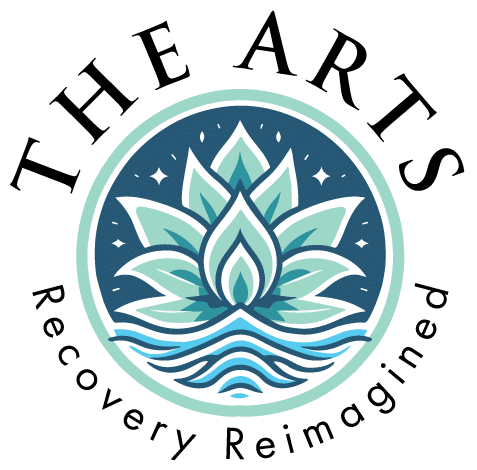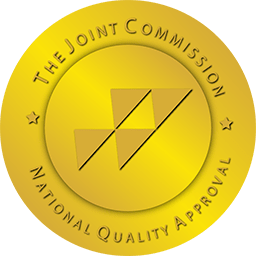Opioid addiction has become a pressing issue in America, with millions falling prey to its devastating consequences.
Getting help for opioid addiction can be a complex and emotional process.
But it is important to remember that professional care is available, and acting early on can make all the difference.
Keep reading to discuss how to help someone with an opioid addiction!
ARTS IOP is an intensive outpatient program in Los Angeles that offers mental health and addiction treatment.
Opioid Abuse in America
In recent years, thousands of overdose deaths have been reported in the country, attributed to the abuse of opioids.
Between the years 2020 and 2023, it is expected that over two million people will struggle with opioid addiction in America.
This staggering number points to the urgent need for action toward preventing and treating opioid addiction.
Why Do People Abuse Opioids?
The abuse of opioids often stems from the temptation to relieve pain or seek pleasure.
Opioids are a drug class commonly prescribed to treat pain, but they also produce feelings of euphoria and relaxation, making them attractive to people seeking a high.
The high from opioids is caused by the drug binding to the opioid receptors in the brain, which releases dopamine, a neurotransmitter responsible for feelings of pleasure and reward.
What Are the Dangers of Opioid Addiction?
However, opioid addiction is associated with severe dangers often unclear to users.
The prolonged abuse of opioids can cause various physical and mental health complications, including respiratory depression, depressed immune function, liver damage, and increased risk of contracting infectious diseases such as HIV and hepatitis.
Opioid addiction can lead to economic and social problems, given the exorbitant costs of the drug and the effects of the dependence on relationships and employment.
How to Help Someone with an Opioid Addiction
If you have a loved one battling opioid addiction, seeking help, and supporting them through their journey is essential.
Check here for how to help an opioid addict:
Educate Yourself on Opioid Addiction
Before you can help someone with opioid addiction, it is crucial to understand the nature of the condition and its causes, symptoms, and effects.
Talk to Your Loved One
In a non-judgmental and compassionate manner, express your concerns for your loved one’s well-being and its impact on those around them.
Offer Support
Attempt to let your loved one know you are there for them and offer support and help wherever possible.
Encourage Them to Seek Professional Help
The most effective way to overcome opioid addiction is through professional treatment, so encourage your loved one to seek help from a medical practitioner.
Help Them Find an Opioid Treatment Program
Research treatment programs for opioid addiction and help your loved one find a program that aligns with their needs and preferences.
Attend Appointments with Them
Offer to accompany your loved one to their appointments and give emotional support during treatment.
Encourage Participation in Support Groups
Support groups are an excellent way for your loved one to connect with others struggling with opioid addiction and find motivation and inspiration to stay on track in their recovery journey.
Help Them Avoid Triggers
Work with your loved one to avoid triggers that may lead to drug abuse and help them develop coping skills to handle temptation.
Plan Healthy Activities Together
Engage in healthy and enjoyable activities with your loved one, such as exercise, meditation, and other forms of self-care that can help ease stress and anxiety.
Stay Involved
Even after your loved one has completed their treatment program, it is crucial to stay involved in their recovery journey and offer continued support, encouragement, and motivation.
What Treatment Options are Available to Care for Opioid Addiction?
Medical treatment options are available for opioid addiction, and a combination of these treatments may be necessary to help your loved one overcome their addiction.
Medication Assisted Treatment (MAT)
Medication-assisted treatment, for example, combines therapy and medication to reduce withdrawal symptoms, manage cravings and promote recovery.
Methadone and buprenorphine are two commonly used medications for opioid addiction treatment.
Behavioral Therapy
Behavioral therapy is also an essential aspect of opioid addiction treatment.
Cognitive-behavioral therapy (CBT) and dialectical behavior therapy (DBT) can help individuals with opioid addiction find triggers, develop coping mechanisms, and manage cravings.
Therapy
Family and group therapy can also be beneficial for those struggling with opioid addiction, as it helps to strengthen relationships and build a supportive network.
Aftercare Services
Many individuals in recovery from opioid addiction benefit from aftercare services, such as 12-step programs and sober living facilities.
These services support individuals in recovery and help them stay on track with their sobriety.
ARTS IOP Offers Care for Loved ones Suffering from Opioid Addiction in California
Opioid addiction is a complex issue requiring a sensitive and informed approach. ARTS IOP can be a valuable resource to help someone with opiate addiction.
Our team of medical professionals, therapists, and recovery coaches offers comprehensive inpatient and outpatient treatment for individuals struggling with opioid addiction.
We take pride in helping our clients discuss their addiction’s physical, psychological, and social aspects and build a foundation for long-term recovery. Contact us today to learn how we can help your loved one find relief from opioid addiction!





